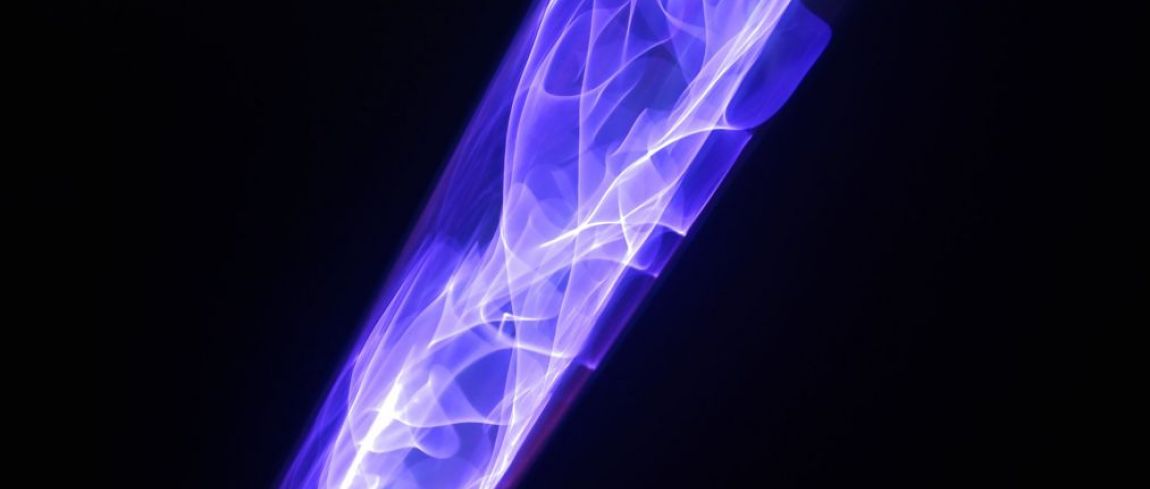Source: wsj.com
Software robots designed to handle routine work around the office are undertaking more ambitious jobs.
By combining robotic process automation with machine-learning capabilities, software makers are developing robots that can tackle higher-level workplace functions, including many that require a degree of judgment.
Some of these new roles include verifying a signature on a check, assessing insurance claims and detecting fraud in paperwork.
Most software robots in use today are programmed to complete straightforward numerical tasks, such as processing weekly payrolls or reviewing employee expense reports, which can be based on a template.
“Organizations want to automate ever more complex, wide-ranging activities, so we’re pushing the boundaries of what RPA can do,” said Pat Geary, chief evangelist at Blue Prism Group PLC, a U.K.-based robotic process automation vendor with roughly 1,300 customers.
Blue Prism is testing an AI-enabled platform for insurers that can interpret the validity of claims and make recommendations for human examiners. With approval from the examiners, the robot can process the claim, significantly reducing the time and effort needed to handle a case from start to finish, Mr. Geary said.
UiPath Inc., an RPA maker based in New York, is working on an AI-enabled software robot that can verify signatures on checks deposited in ATMs.
“Checking a signature takes two seconds for a person,” said Daniel Dines, UiPath’s chief executive. But if you want to automate the entire banking process, he added, “this is the only missing piece.” Unlike many instant electronic-banking transactions, such as mobile payments or transfers, checks deposited in ATMs need to be manually verified, prompting some banks to withhold the funds.
The problem is that legitimate signatures—on checks, contracts or other documents—tend to vary in ways that are difficult for automated systems to recognize and clear, Mr. Dines said. Through machine learning, robots that continually repeat the task can be trained to disregard these minor differences without losing the ability to flag suspicious cases.
In early testing, these trained robots have had a success rate of 80%, where checks were cleared with absolute certainty. For the remaining 20%, the robots were less sure and sent the checks to human tellers.
In another initiative, UiPath is developing robots that can identify and extract the most valuable data from reports with a mix of unstructured formats, sources and information.
The Canadian unit of energy company Chevron Corp. is testing a version of the tool designed to extract critical operating data from drilling and completion reports. Such reports are produced for dozens of oil wells every day; they range from 75 to 300 pages.
Until now, the task had been handled by staff analysts who went through reports page by page, eating up time and resources.
The AI-powered robot taps a Microsoft Corp. tool designed to identify and gather desired data, and puts the data into a common format. The robot then assigns a value rating, based on its interpretation of the data, and stores it in back-end systems for analysts’ review.
The UiPath technology would allow Chevron employees “to analyze data faster and to gain deeper insights,” a Chevron spokesman said.
These and other smart capabilities are putting Blue Prism and UiPath at the front of a fast-growing market, according to Forrester Research Inc.
An estimated 60% of large companies world-wide deployed some form of RPA technology last year, lifting total annual spending on software robots by 57% to $680 million, according to tech-industry research firm Gartner Inc. It expects such spending to reach $2.4 billion by 2022.

 Starting: 1st of Every Month
Starting: 1st of Every Month  +91 8409492687 |
+91 8409492687 |  Contact@DevOpsSchool.com
Contact@DevOpsSchool.com

